This guy tried to pick up the wrong witch…
Body Count was written by myself and recently published in DreamForge’s Dark Visions magazine, its annual Halloween treat. You can read the story for free here:
https://bit.ly/Body-Count-A-Fawns
Body Count is read by Kelly Pidgeon, one of the best voices in the business. No one does a tough guy character like he does. Kelly is also a member of the band, Boats Against the Current. You can listen to their music here:
https://boatsagainstthecurrentmusic.bandcamp.com/
Jane Noel created the art piece above, and I absolutely love it.
Check your shoes for dead mice, and get ready to grin like a dang Cheshire cat.
Scot Noel from DreamForge
How does an author sell to DreamForge? Firstly, I recommend joining the Dreamcasters. https://dreamforgemagazine.com/dreamcasters/
This is one of my favourite writing groups and the monthly meetings have helped me hone my craft immensely. Plus I’ve made some wonderful lifelong friends. (Many of whom I met for the first time this October at World Fantasy Con! Including Jane and Scot Noel.)
Here are more hints right from Scot Noel pulled from past interviews I’ve done with him:
AF: When looking to buy for your magazine, what is your perfect story?
SN: That’s easy, the perfect story generates a powerful emotion in me when I read it, and I either end the tale with a big smile or in tears. Tears not necessarily because it is sad, but because something powerful and resonating happened, like an affirmation that the future is not lost, humans are not doomed, and the Human Adventure is Just Beginning.
Oh, and don’t:
Start in Medias Res, especially if that means lots of explosions and chaos- don’t care.
Bore me with expositions and explanations that you think are world-building.
Misuse dialog as a way to make your point or an alternative way to exposit, instead of to reveal the mental state of the speaking character.
Use unusual names, words, or ways or speaking that do not make your story more engaging, but do provide a speed bump or road block to smooth reading.
DO keep the reader with the actions of the protagonist and engage us with their challenges and emotions as they face the problems you’ve set before them.
AF: Your website says, “Our tales revolve around those individuals and groups who bring meaning and value to the world, whose actions are of consequence, and whose dreams are the vanguard of things to come. Whether you call that Solarpunk, Hopepunk, or just DreamForge stories, you’ll find them here.”
What is "Hopepunk"?
SN: We were well into the development of DreamForge when I started looking around to see if anyone else was sharing a more hopeful vision of the future. In that search, I found author Alexandra Rowland, author of A Conspiracy of Truths and A Choir of Lies, and whose novel In the End I was reading at the time. As I learned, Alexandra first coined the term Hopepunk in 2017. In a Den of Geek article, she went on to say:
“Hopepunk is a subgenre and a philosophy that says that kindness and softness doesn’t equal weakness, and that in this world of brutal cynicism and nihilism, being kind is a political act. An act of rebellion.”
It was catching on, and even as we prepared our first issue of DreamForge, I could see that people were using the term in relation to hopeful fiction.
At DreamForge, we don’t think of ourselves as a Hopepunk publication, but we do believe we’ve published some Hopepunk stories, as well as Solarpunk (where humanity overcomes present day challenges to achieve sustainability). The two terms often seem to show up together, being part of a growing optimistic radicalism.
AF: Any advice for writers submitting to DreamForge?
SN: The one piece of advice for writers submitting anything to anywhere is to read the publication! That doesn’t mean you have to go spend a lot of money; if you cast your net wide enough and give it a try, there’s usually someone who can loan you a copy, and many of today’s stories can be found free online.
I know writers wonder if they are making a nuisance of themselves or are getting a bad reputation with the editor when they submit story after story that gets rejected. The answer is no. As editor of DreamForge, I’ve sent back a lot of stories to authors who tried again and again, yet I just didn’t have a place for those stories or perhaps they just didn’t quite rise above the others I chose. But I enjoyed the stories and respected the authors.
When I did get mildly peeved, it was when it was obvious that the writer knew nothing about us, and we were simply on their “making the rounds list.” I don’t mind being the 5th or 25th publication on your list; that’s practical. What I do mind is when you gave no consideration to what we publish and then get upset about it when we send it back. We’re not here for stories about seduction, revenge, and murder, or to read screenplays, children’s books, and novel manuscripts.
AF: I’ve submitted a few stories to DreamForge, and you spent some time giving me helpful advice with all my rejections. Why do you offer feedback to writers?
SN: Feedback is a thorny matter. I figured people might appreciate a few notes about what we thought when we sent back their story. Not always. Many hopeful writers just want to hear what a good job they did or take anything you say as an attack against their special social or political interest group.
I was looking at it like learning a martial art or a craftsman’s skill, like woodworking. You don’t show up at the doing to get praised; you come to get worked over, beat up and disciplined into becoming a stronger self. You don’t get to pull a misshapen table leg off the lathe and get paid for it before you’ve even built the table.
Writing takes a lot of work and has a lot of nuance to it. Some things can be learned quickly and take a lifetime to master, like chess. Fiction writing, on the other hand, can take a lifetime to both learn and master.
Yes, there are people who become famous and rich early in their careers, but there are also people who have been hit by lightning multiple times. Famously, a gentleman named Roy Sullivan was hit by bolts from the blue seven times and survived them all. That’s because, all other things being equal, statistically improbable things must happen.
So, you can either type and hope for providence or put in the time to learn the craft. One is so unlikely as to be inadvisable, and the other is fun and fulfilling whether or not you are ever published (because probability also says some of the best fiction ever written has never seen the light of day).
But I digress. We still do offer feedback, just more carefully these days, starting by asking if any is wanted.
Speaking of podcasts…
John Goodwin from Writers of the Future interviewed ME! I spill all my secrets on selling to short story markets and discuss my Horrorlite anthologies.
This was John’s favourite book.

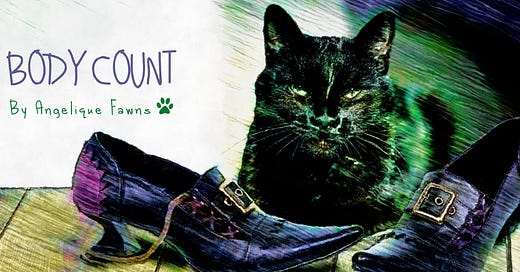



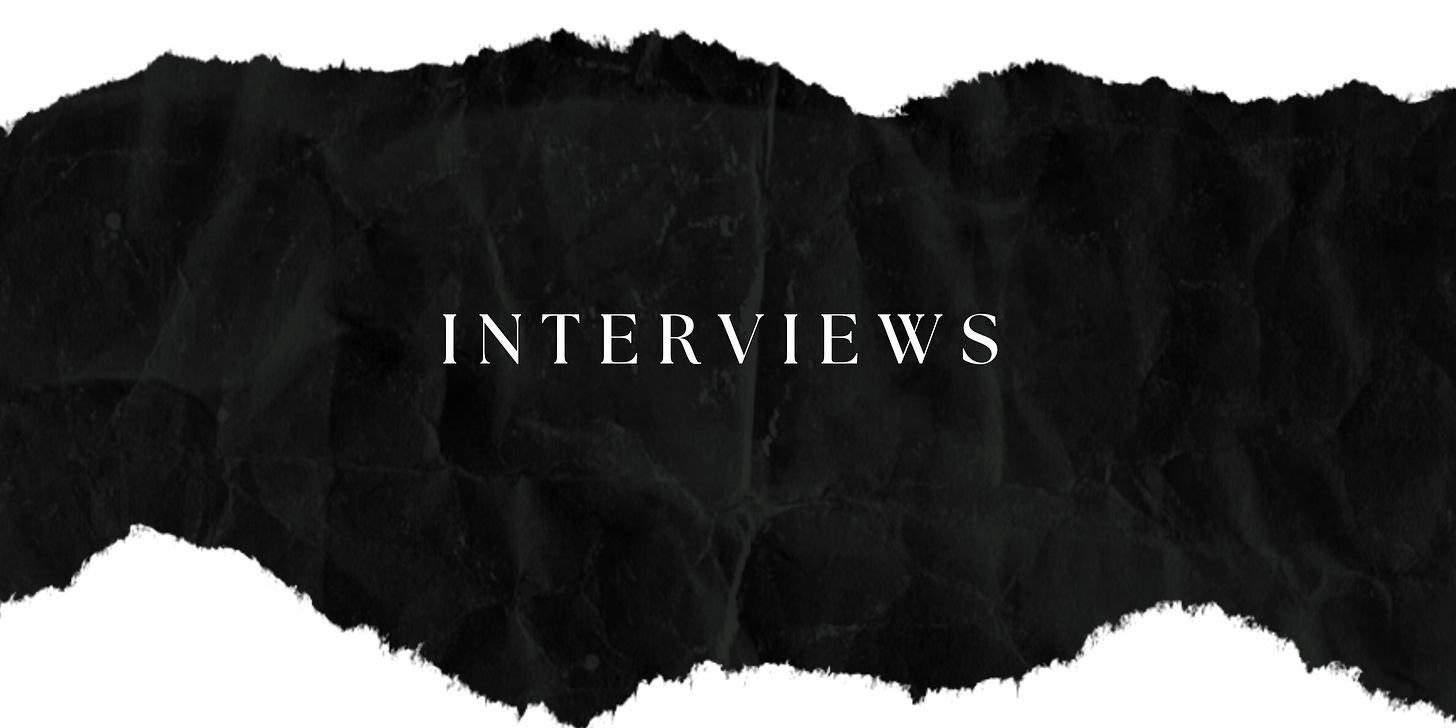



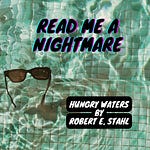

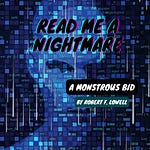

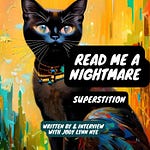


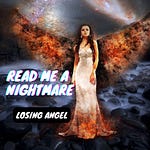
Share this post